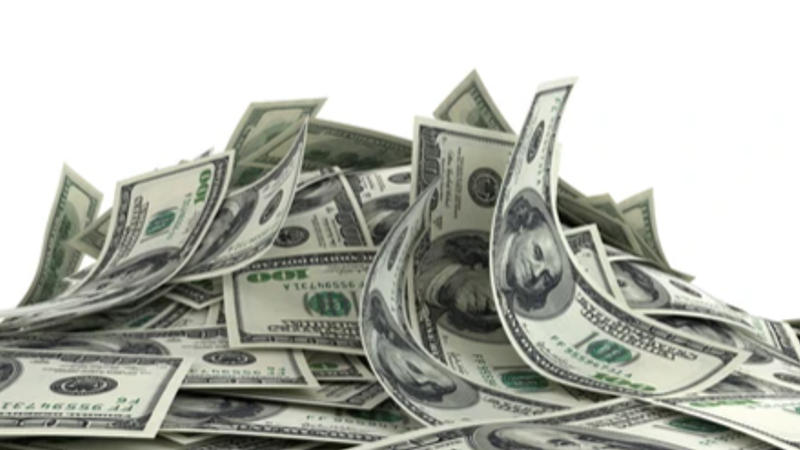Published 11:47 IST, April 17th 2024
Dollar holds steady, Yen vulnerable after Fed remarks dampen rate cut expectations
The Dollar held steady on Wednesday, keeping the yen near 34-year lows, as Fed officials signalled prolonged high US interest rates.

Representative | Image:
Shutterstock
- Listen to this article
- 4 min read
Advertisement
11:47 IST, April 17th 2024
